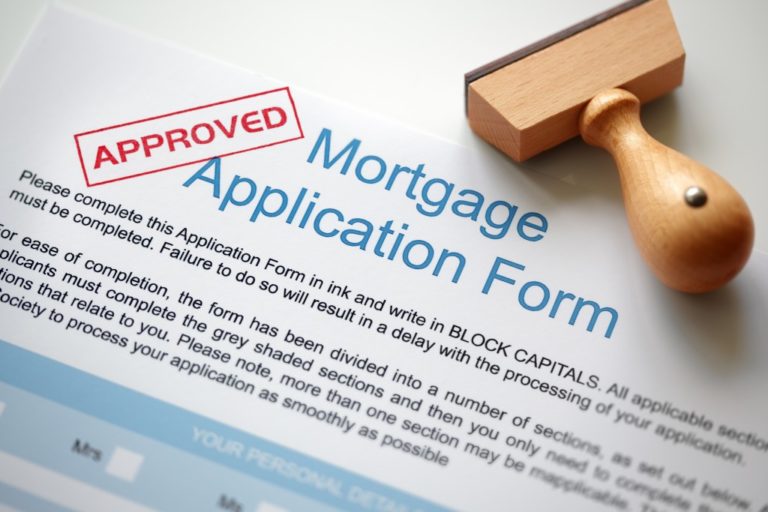The student loan debt pile in the United States has reached over $1.6 trillion. It has put millions of young adults in the country at a high level of indebtedness before they even join the labor force. Since many student loan programs have a 10-year term, they have indeed served as a roadblock to homeownership.
If you have yet to pay off what you owe for going to college in Connecticut, will it compromise your chances of qualifying for a home loan in Guilford, Middlebury, Beacon Falls, or Oxford? Maybe yes, maybe not. You can’t say until you take a closer look at where your credit stands before a mortgage application.
For now, understanding how your student loan can stand in your way to homeownership is worth your while.
It Can Increase Your Debt-to-income Ratio
No lender will automatically disqualify you for a mortgage just because your student loan is not yet fully repaid. Mortgage lenders do not focus on unpaid student loan debt; they like to pay attention to the big picture: the debt-to-income (DTI) ratio.
The DTI ratio represents how much of your income goes towards your financial obligations, which also include your credit card bills and any other unsecured and secured loans you might have at the moment.
The highest percentage of income used for debt repayment should be 43% to qualify for a mortgage. Generally, the sweet spot is 36%, and the first 28% stands for your mortgage payment.
Paying down your student loan as much as possible before you apply for a mortgage helps. But if it is far from maturity, you have to cut down your liabilities in other areas. In other words, you should not max out your credit card limits or take out any other loan to keep your hope for mortgage application approval and homeownership alive.
It Can Pull Your FICO Scores Down

A student loan delinquency will not bode well for you. In the eyes of a mortgage lender, if you can’t repay a small financial obligation properly, then you are more likely to default on your home loan.
To be clear, having a student loan can do your creditworthiness wonders on many levels. It diversifies your credit mix and increases the average age of your credit accounts, which are positive components of most FICO scorecards.
However, a bad student loan repayment history can jeopardize your mortgage application. Late and missed payments carry more weight than any other item in your credit reports, so you have to minimize them sooner rather than later if you are to become a bona fide homeowner in the coming months.
It Can Hamper Your Down Payment Build-up Efforts
Last but not least, your student loan can affect your savings. Unless you make a ton of money with what you do, its repayment can keep you from producing a down payment big enough to qualify for most mortgages and buy the property you like.
Like other financial products, a student loan can improve or ruin your credit. Do not take its repayment lightly to appear a less risky borrower to mortgage lenders.




